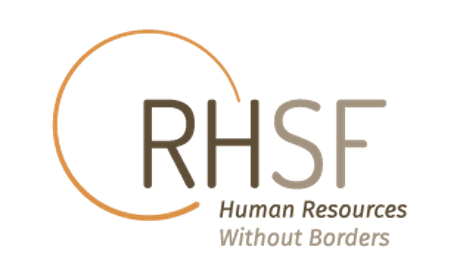Publication of a practical guide on forced labour in partnership with the Federation of Human Rights at Work (FDHT)
Published on Mar 10, 2016
The National Consultative Commission on Human Rights (CNCDH) has just released its report on forced labour. In this study, it considers that France does not devote enough resources to the fight against trafficking and exploitation of human beings. The most vulnerable are, in fact, victims of modern slavery (exploitation of minors, sexual exploitation, forced labour in clandestine textile workshops…). In order to make citizens, consumers and businesses aware of this scourge, RHSF has just published a practical guide on forced labour, in partnership with the Federation of Human Rights at Work.
This evolving document can be enriched with free contributions from consumers, trade unions, organisations and buyers. It operates in a question-and-answer format and highlights different themes (child labour, the subcontracting chain, etc.). It gives everyone the tools to take effective action against forced labour on a daily basis.
In parallel with the launch of this guide, RHSF continues its fight against forced labour through several actions:
Starting in the second half of 2016, the RHSF team, together with the Committee against Modern Slavery, will hold a permanent presence at the Toulouse City Hall to collect and analyse potential cases of forced labour in the greater region.
RHSF is also a partner of the International Labour Organisation in the fight against forced labour through the 50 for Freedom campaign.
Since February 2016, RHSF has been offering an educational booklet on forced labour for schools (in partnership with the Fédération des Œuvres Laïques and the Toulouse City Council) to accompany the exhibition of drawings, produced in partnership with Plantu, against forced labour and initiated by RHSF. The exhibition has already traveled around the world and has been presented at the UN in New York, Thailand, Turkey, Rome, the French Senate, UNESCO, Le Bourget and the Grand Palais during Cop 21.



